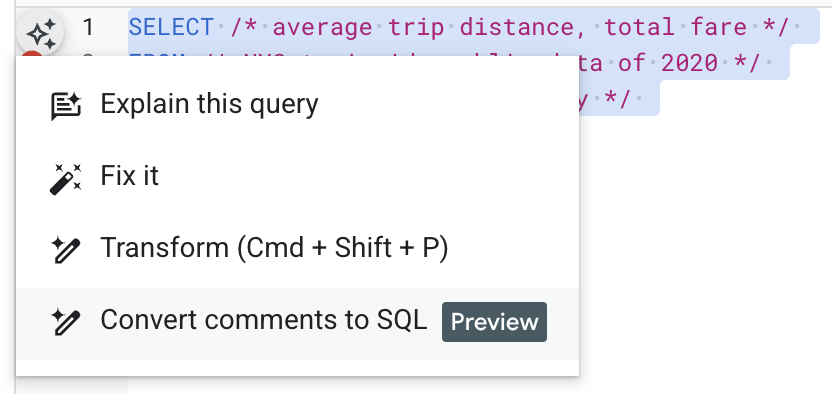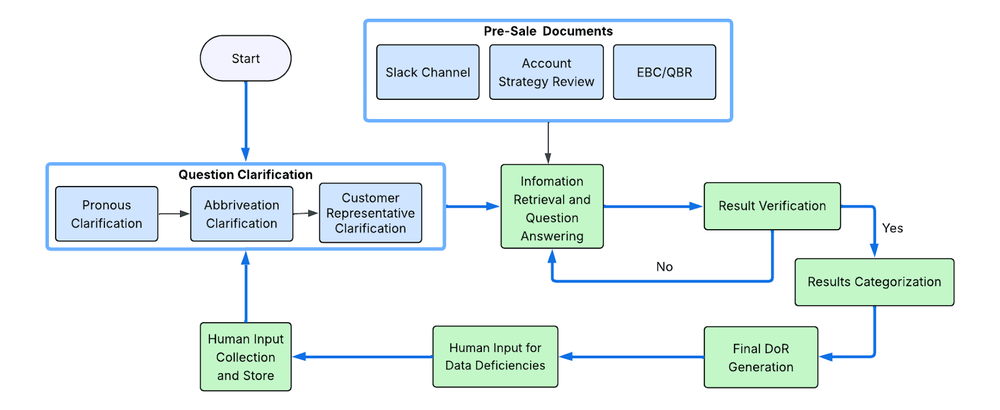Welcome to above the clouds

AWS – Amazon VPC Route Server now available in new regions
Amazon VPC Route Server is now available in 16 new regions in addition to the 14 existing ones. VPC Route Server simplifies dynamic routing between virtual appliances in your Amazon VPC. It allows you to advertise routing information through Border Gateway Protocol (BGP) from virtual appliances and dynamically update the VPC route tables associated with […]

AWS – AWS Transform custom adds AWS PrivateLink support and expands to Europe (Frankfurt) Region
AWS Transform custom now supports AWS PrivateLink and is available in a new AWS Region, Europe (Frankfurt), in addition to the US East (N. Virginia) Region. AWS Transform custom helps organizations reduce technical debt by automating repetitive transformation tasks such as language version upgrades, API migrations, and framework updates. The agent is designed for enterprise […]

AWS – Amazon Bedrock introduces API keys to streamline development in GovCloud regions
API keys for Amazon Bedrock are now available in AWS GovCloud (US) regions, expanding a feature that simplifies authentication and accelerates generative AI development. Originally launched in commercial AWS regions in July 2025, API keys for Amazon Bedrock enable developers to quickly generate access credentials directly within the Amazon Bedrock console or AWS SDK without […]

AWS – Amazon VPC IPAM policies now support RDS and Application Load Balancers
Amazon Virtual Private Cloud (VPC) IP Address Manager (IPAM) now supports policies for Amazon Relational Database Service (RDS) instances and Application Load Balancers (ALB). This feature enables IP administrators to centrally configure and enforce IP allocation strategies for these resources, improving operational posture and simplifying network and security management. Using IPAM policies, IP administrators can […]

AWS – AWS IoT Device Management launches Wi-Fi Simple Setup for managed integrations
AWS IoT Device Management now offers Wi-Fi Simple Setup (WSS) for managed integrations, enabling developers to implement simplified Wi-Fi provisioning in Internet of Things (IoT) solutions. With WSS, developers can now integrate QR code scanning functionality that empowers end users to connect their Wi-Fi enabled devices using simple bar code scans, reducing device setup time […]

GCP – Vibe querying: Write SQL queries faster with Comments to SQL in BigQuery
Crafting complex SQL queries can be challenging. Often, engineers simply want to express their data needs in plain English directly within their SQL workflow. Recently, we have seen how “vibe coding” — using natural language AI prompts to generate code — makes developing easier for everyone. That’s why we’re introducing Comments to SQL in BigQuery. […]

GCP – Palo Alto Networks automates customer intelligence document creation with agentic design
For a global cybersecurity leader like Palo Alto Networks, a comprehensive understanding of each customer is critical for success. For every engagement the Palo Alto Networks pre-sales team has, the comprehensive understanding is centralized in an internal Document of Record (DOR), a vital asset that provides a 360-degree standardized view of the customer for sales […]
AWS – Enhanced Transactions view now available in AWS Billing Console
AWS announces significant improvements to the Transactions view in the AWS Billing and Cost Management Console’s Payments page, delivering faster performance, simplified payment reconciliation, and improved data accuracy. The enhanced view provides customers with a unified interface to manage all their financial transactions, improving visibility and reducing the time spent on payment tracking. The enhanced […]

AWS – Amazon Connect makes it easier to manage recurring overrides for hours of operation
Amazon Connect now makes it easier to manage contact center operating hours for recurring events like holidays, maintenance windows, and promotional periods, with a visual calendar that provides at-a-glance visibility by day, month, or year. You can set up recurring overrides that automatically take effect weekly, monthly, or every other Friday, and use them to […]

AWS – Amazon Neptune Database now supports R7g and R8g instances in 5 additional regions
Amazon Neptune Database now supports Graviton3-based R7g and Graviton4-based R8g instances for Amazon Neptune engine versions 1.4.5 or above, in Asia Pacific (Hong Kong), Asia Pacific (Osaka), Asia Pacific (Singapore), Canada (Central) and US West (N. California). R7g and R8g instances are priced -16% vs R6g. Graviton3-based R7g are the first AWS database instances to […]
